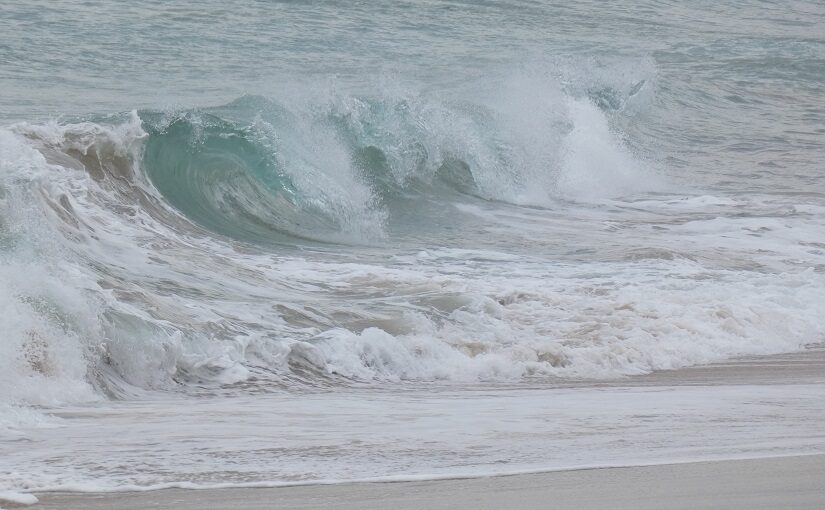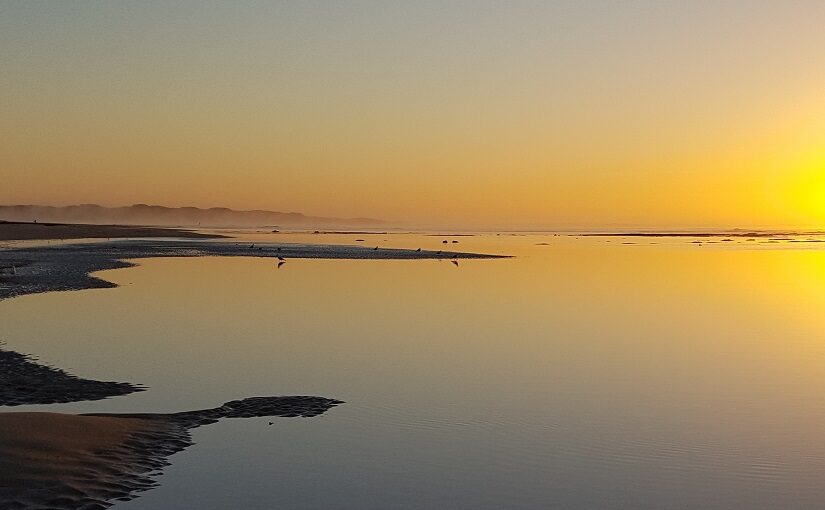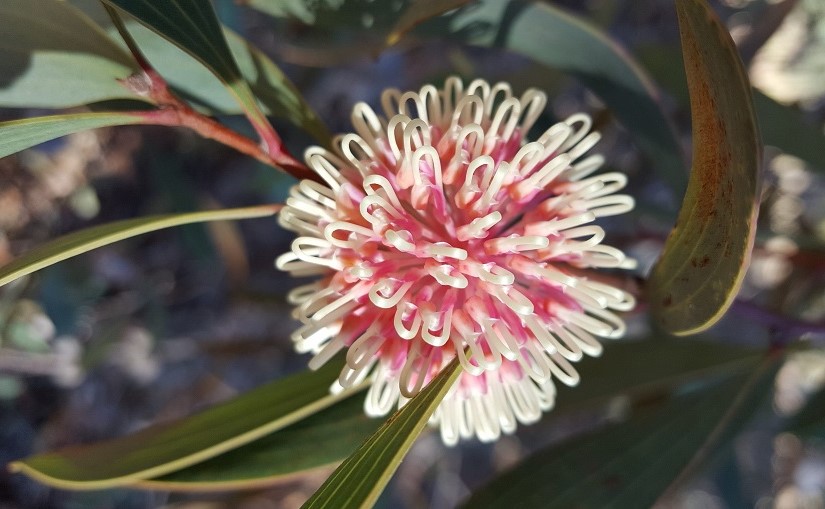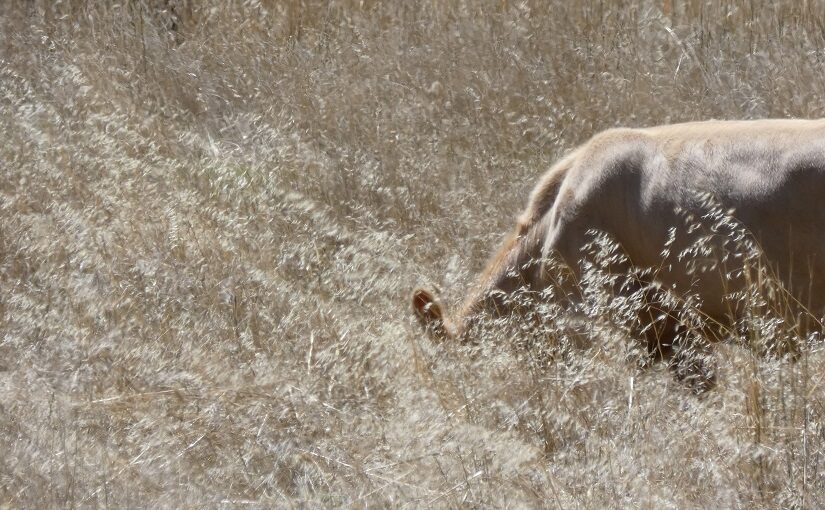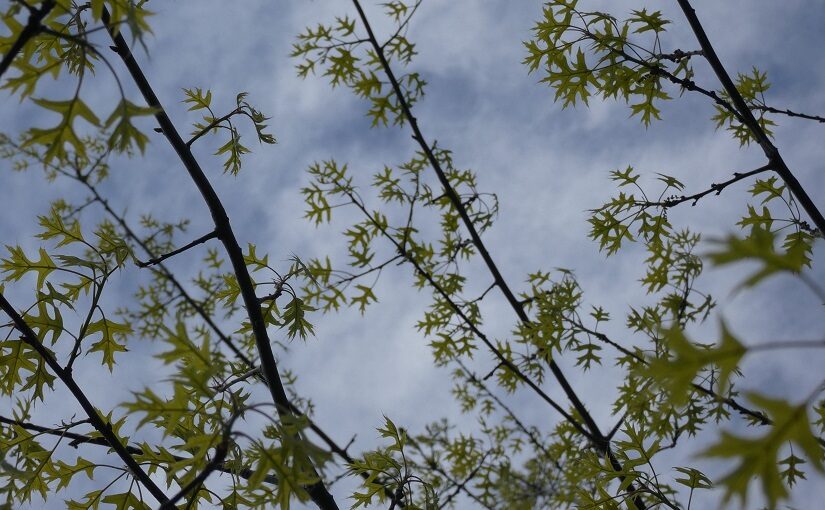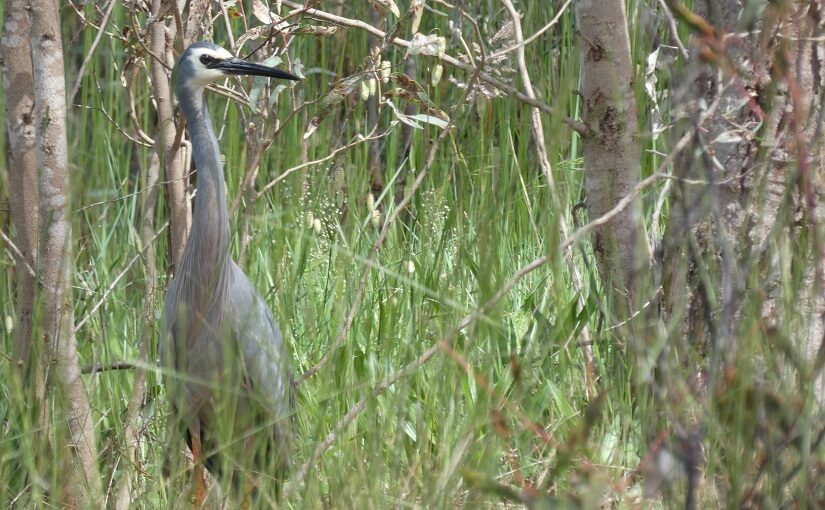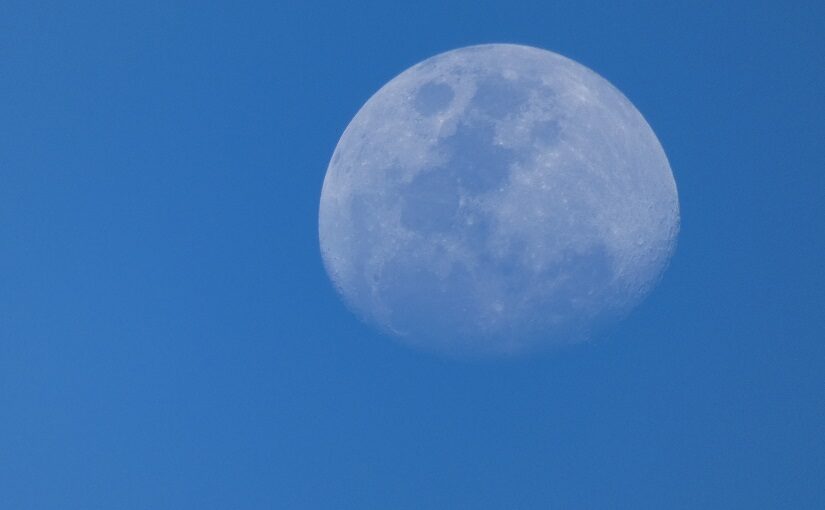Thinking lately about life and what it might mean to be human (Notes One), is it simply that we participate? That, somehow, we pick up the ideas or patterns of behaviour we find around us and, by either carrying forward or challenging them, serve to create that world we’ll then be passing on to others. All links in these chains as we agree to go along with things or choose, perhaps, to do otherwise.
Either way, it seems “reality” comes to meet us, as humans: encircling us with all the details of life and all the thoughts those with influence over us have felt it important to convey. As if “life” presents us with its artefacts and its ideas – with all the theories, conclusions and ways of acting those before us had seen as worthwhile, useful, admirable or right. The world of human thought shifting in to become our own thoughts on life.
Isn’t it true that we can only know what we’ve been told or observed for ourselves? The thoughts we’re living with serving as this straightjacket or sketched map with which we can then approach life in our own way. Our ideas perhaps becoming a stifling, inflexible source of constant stress, disagreement and conflict, or a curious sense of reality being, in many ways, known while also being a mystery we’re all still working out.
Increasingly, it seems that coming at life with preconceived notions is causing a lot of problems – this idea that our theories are perfect, if only others would listen and fall into line. All these ways in which we’re insisting others come round to our way of thinking; as if any one of us has that fully perfected roadmap to an unproblematic, peaceful and harmonious future.
Given our increasingly global realities – this conversation of ideas, struggles, products and ecosystems we’re all more tightly woven into – isn’t it unlikely that any pre-existing body of thought “can” truly match the complexity of all that’s now coming together? Thoughts generally emerging from the communities in which they developed, how “can” they ever inclusively embrace realities beyond that awareness? (Notes Two)
Maybe it’s simply that we’re being asked to expand our awareness? To understand how closely our lives have been connected and see all the ways our choices inevitably affect one another. How, through life, our decisions reflect our humanised understanding of what life is: all the roles we all play in maintaining, developing or improving what it is to be human and form a part of humanity’s presence on this planet. (Notes Three)
In its way, isn’t life a philosophical question? A sense that we’re all essentially the same, participating in this one complex reality of sustaining – hopefully, enriching – our own shared existence as well as that of the Earth. That, as humans, we all form part of “this” as, taking things up in our thought and our action, we serve to carry forward what we’ve decided are the best possible paths ahead into our collective future.
Notes and References:
Note 1: Life as an interplay of ideas, humanity & reality
Note 1: Trusting in thought, or yourself
Note 1: The stories we put our weight behind
Note 1: Gatekeepers in our lives
Note 2: If environment shapes us…
Note 2: Being conscious of our constructions
Note 2: Ways of living in world
Note 2: Living through the changes
Note 3: Pieces of the puzzle
Note 3: Somewhere between ideals & realities
Note 3: Holding back, for the sake of others
Note 3: Any choice but to take a stand?

